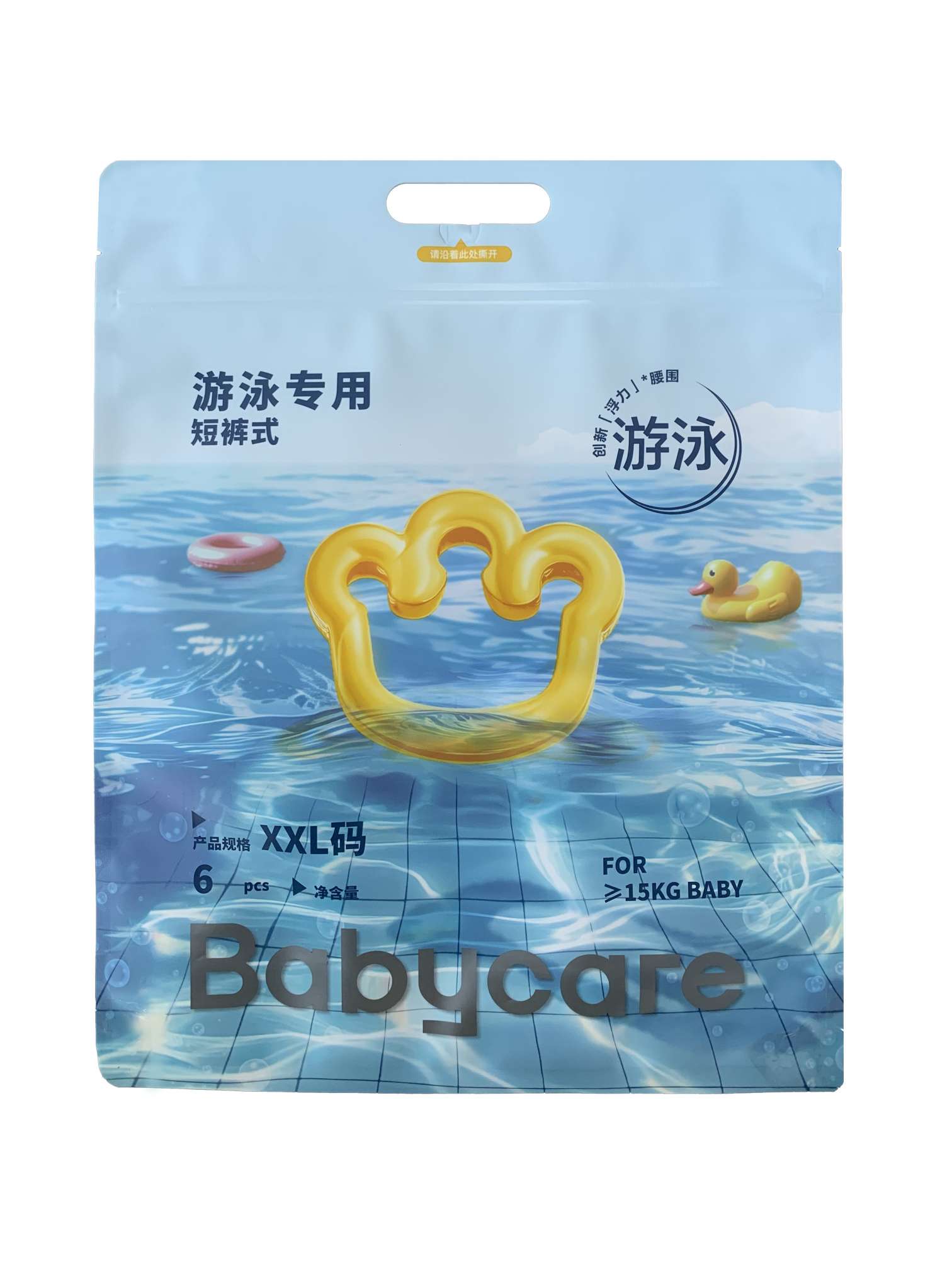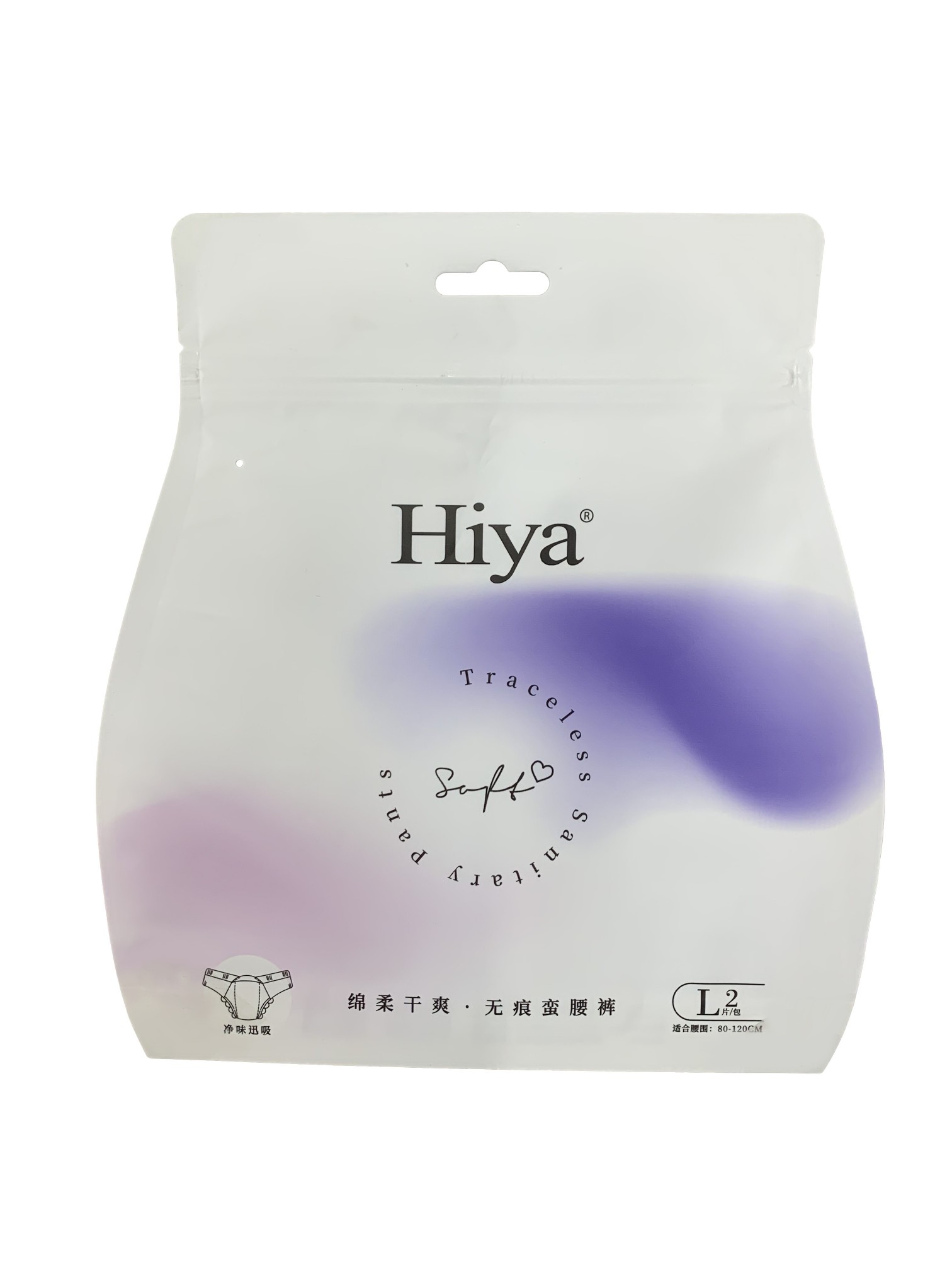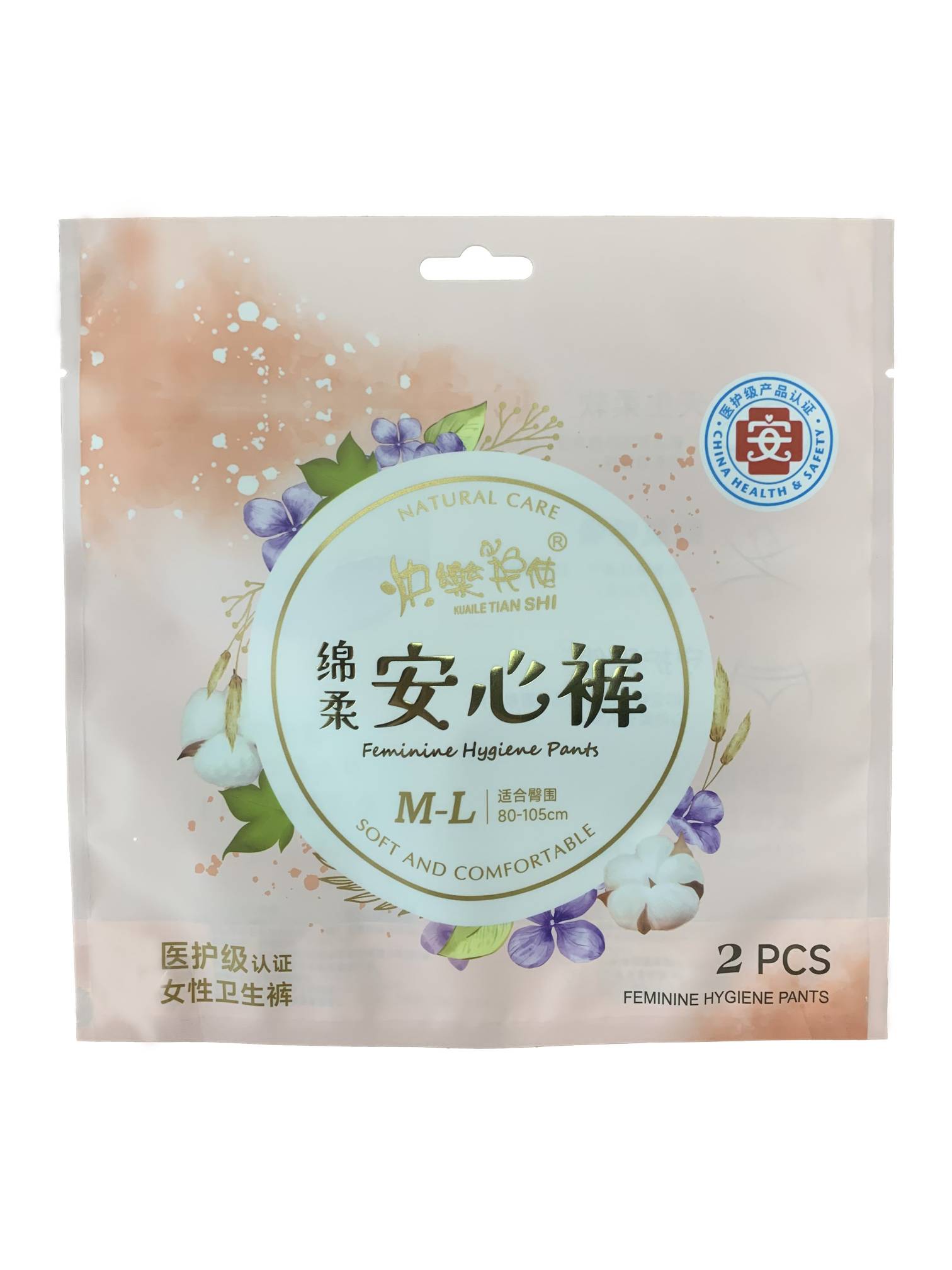Author:Tansox Packaging Poly Bags Manufacturer TIME:2025-04-25
Self-sealing poly bags are versatile packaging solutions widely used across various industries due to their convenience, cost-effectiveness, and durability. These bags come with a built-in adhesive strip that allows them to be sealed easily without requiring additional tools or equipment. As consumer demands for specialized packaging continue to rise, many wonder if self-sealing poly bags can be customized or produced to suit different types of products. The answer is yes – self-sealing poly bags can indeed be made for different types of products, ensuring that they offer tailored protection and functionality for a wide range of applications. In this article, we will explore how these bags can be adapted for different products, the factors involved in customizing them, and the benefits of using them for various types of items.
Self-sealing poly bags are primarily made from polyethylene, a material known for its strength, flexibility, and resistance to moisture. These bags feature a self-adhesive strip or flap that allows the user to seal the bag without requiring heat sealing or other mechanical methods. This design ensures a quick and secure closure, making it ideal for a wide range of uses, including food packaging, electronics, retail, and more. The key benefits of self-sealing poly bags include ease of use, time efficiency, and the ability to reuse the bags if necessary. However, the customization of these bags to suit various products requires understanding their intended application, the nature of the product, and any specific requirements regarding durability or protection.
Customizing self-sealing poly bags involves adjusting the size, material thickness, sealing mechanism, and even the adhesive used to create bags that meet the specific needs of different products. The following are some examples of how these bags can be adapted for various types of items.

One of the most common uses for self-sealing poly bags is in the food industry. These bags are highly effective at keeping food fresh, preserving its quality, and extending its shelf life. To meet the specific requirements of food packaging, self-sealing poly bags can be manufactured using food-grade polyethylene that is approved for direct contact with food. Additionally, the thickness of the material can be customized to provide a higher level of protection against moisture, air, and contaminants. For perishable items like fruits, vegetables, or meat, these bags can be equipped with a breathable feature to allow for proper air circulation, preventing spoilage. For packaged snacks or dry goods, thicker bags with strong seals can be used to prevent leaks and ensure that the contents stay fresh.

When packaging electronics or fragile items, the primary concern is to protect the contents from damage during handling and shipping. For these types of products, self-sealing poly bags can be customized with a thicker material or an added cushioning layer to provide extra protection against impact, dust, and moisture. Anti-static bags are commonly used in the electronics industry to prevent damage to sensitive components. These bags feature a special coating that prevents static electricity from building up, which can interfere with the proper functioning of electronic devices. Additionally, self-sealing poly bags used for electronics can include a tamper-evident seal, which ensures that the product remains secure until it reaches the consumer.

In the fashion and textile industry, self-sealing poly bags offer a convenient and efficient way to package clothing, accessories, and other textile products. These bags are available in various sizes, from small bags for individual garments to large bags for bulk items. Customization can include printed logos or designs for branding purposes, making these bags an excellent marketing tool. For textile products, self-sealing poly bags are often made from lightweight polyethylene to minimize cost and reduce environmental impact. The bags can also be designed to provide a protective barrier against dirt, dust, moisture, and other elements that could damage the fabric or compromise the product's appearance.
Self-sealing poly bags are essential in the medical and pharmaceutical industries, where product integrity and hygiene are of utmost importance. For medical supplies like bandages, syringes, or sterile instruments, the bags must meet strict regulations regarding cleanliness and contamination control. Custom self-sealing poly bags for these products are typically made from high-quality, FDA-approved materials that provide an airtight, sterile environment. The thickness of the bags can be adjusted depending on the level of protection required, and special features like anti-microbial coatings or tamper-proof seals may be added to ensure product safety. These bags also serve as a cost-effective solution for packaging pharmaceutical products such as pills, vials, and medical samples, keeping them protected from environmental factors and contamination.
In the retail and e-commerce industries, self-sealing poly bags are a common choice for packaging a variety of products, from books to toys, cosmetics, and more. These bags can be customized to accommodate different sizes and weights of products, making them highly versatile. For e-commerce applications, self-sealing poly bags often come with features like resealable strips, tamper-evident seals, and personalized branding options, allowing businesses to create a professional and secure packaging solution for their customers. These bags can also be designed to include clear windows or transparent areas, allowing customers to see the product without opening the bag.
When customizing self-sealing poly bags for specific products, several factors must be considered to ensure the bags provide the right level of protection and functionality. Some key factors include:
Self-sealing poly bags offer an incredibly versatile and cost-effective packaging solution that can be customized to suit a wide range of products. Whether you're packaging food, electronics, apparel, or pharmaceuticals, these bags can be tailored to provide the right protection, functionality, and branding opportunities. By adjusting factors like material thickness, size, sealing mechanism, and customization options, businesses can create packaging that meets their specific needs while ensuring product safety and customer satisfaction. As industries continue to evolve, the demand for customized self-sealing poly bags will only grow, offering new possibilities for packaging across a variety of sectors.